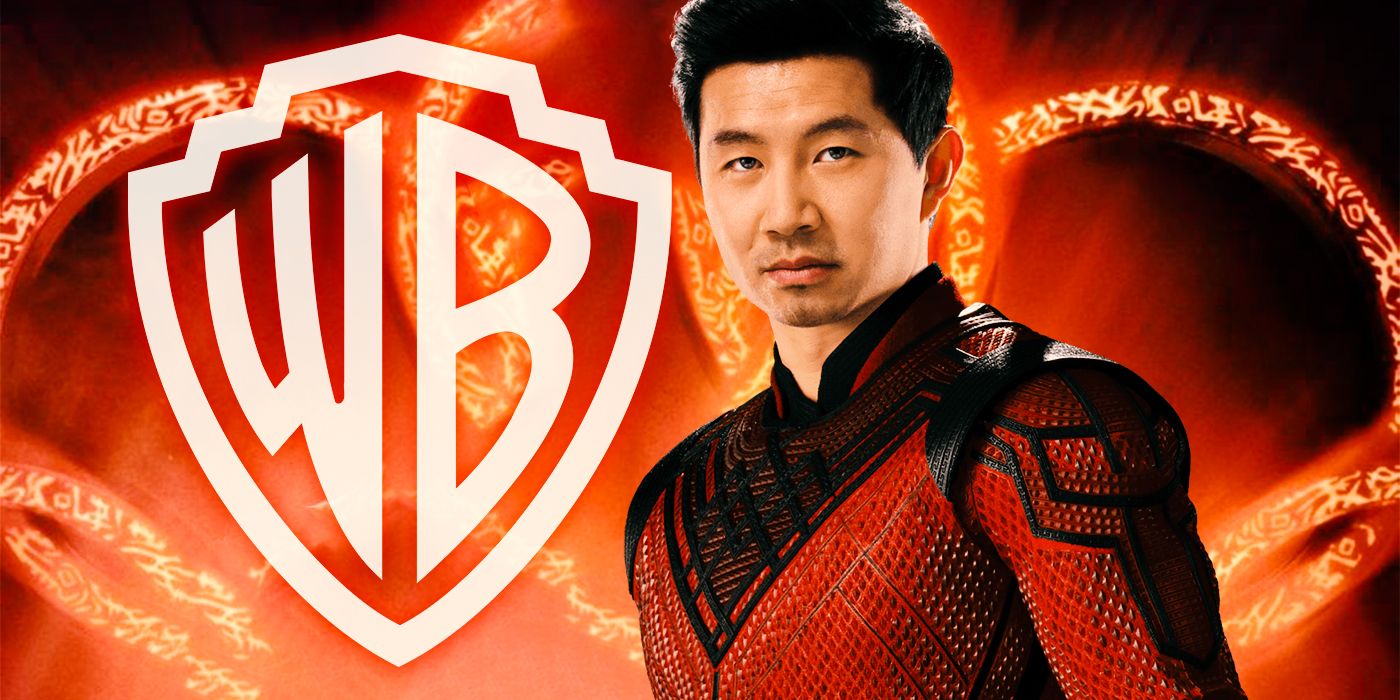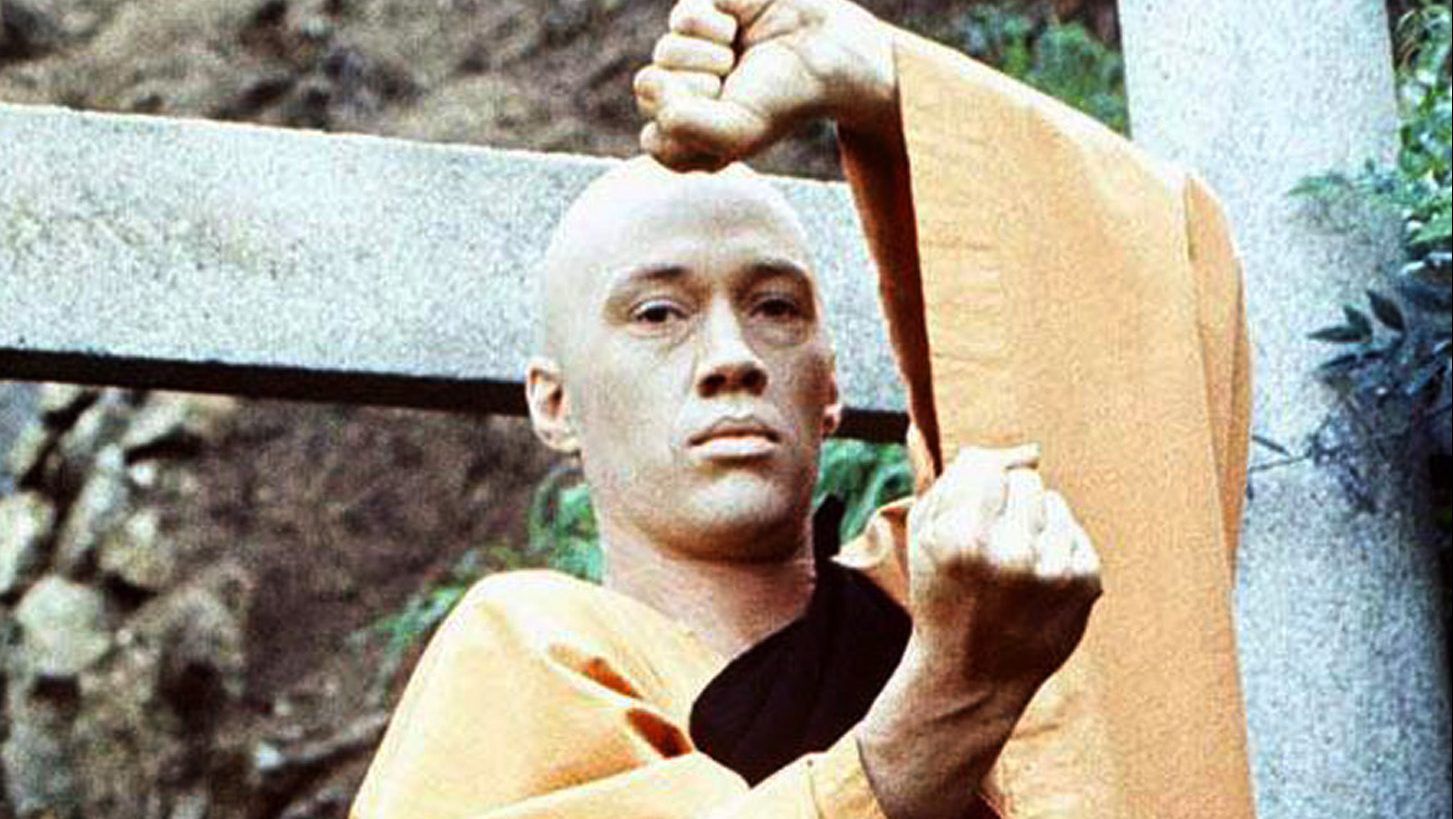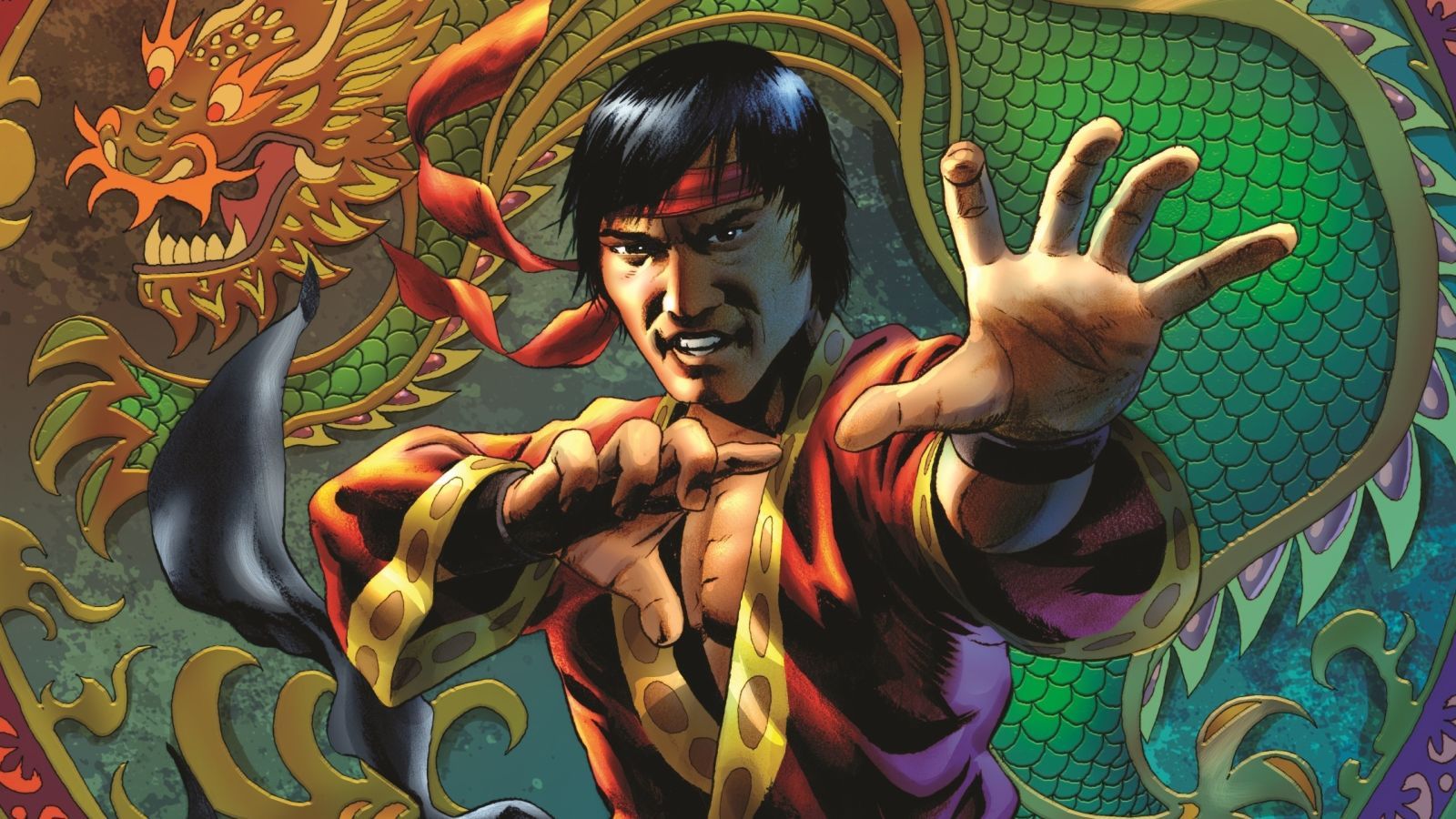Marvel’s Shang-Chi and the Legend of The Ten Rings is a film that surpassed many expectations. With its unique blend of martial arts-style combat and fantasy world-building, it has been considered by a lot of fans to be up there with some of the best MCU films. Yet, many viewers know very little about Shang-Chi’s comic book counterpart, including where the idea of the character even came from. And while this is not all that strange, considering Marvel has so many characters that it can be hard to keep track of, it does leave an interesting mystery to uncover as to its origins.
Shang-Chi's origins have an intriguing backstory, one that partially connects to Warner Bros. The character’s creators, Steve Englehart and Jim Starlin, originally intended to adapt one of Warner Bros.’ shows into a comic book. The show in question was Kung Fu, a Martial Arts series that focused on a Shaolin monk traveling through the Old West, encountering different enemies as he searched for his half-brother.
They approached DC Comics, a subsidiary of Warner Bros., with their suggestion, but their pitch was ultimately rejected, as the higher-ups did not see the Martial Arts genre as having much longevity. However, Englehart and Starlin were determined to make a comic series based around the Martial Arts genre, so they approached Marvel not long after.
Marvel liked the idea and agreed to let them create the comic, although with the stipulation that they incorporate Dr. Fu Manchu, whom they had recently acquired the rights to, into the story. So, Englehart and Starlin created Shang-Chi, a skilled martial artist and assassin who defected from his father, Fu Manchu, after learning of his true intentions.
It turned out to be a much different concept from the television show that loosely inspired it, but Kung Fu’s influence still seemed to have left a considerable mark on the character, especially when drawing comparisons between the two. For instance, both Shang-Chi and the main character of Kung Fu, Kwai Chang Caine, put a strong emphasis on familial bonds. However, while Caine’s motivation was more about learning of his family roots, Shang-Chi spent most of his early comic book run trying to cut ties with his antagonistic family.
Unfortunately, that influence went a little deeper than just having similar story arcs. Certain elements in earlier issues featuring Shang-Chi, which weren’t considered as problematic at the time, have not aged particularly well today. The most notable example is the use of Fu Manchu as his father, which has long since been abandoned, always being a point of criticism toward the character. Shang-Chi's comic was very much a product of the time, much like the show that influenced it, which had a similar set of problems related to its depiction of Asian culture.
However, thanks in large part to the evolving nature of the comics industry, Shang-Chi has grown into a far more nuanced character than he originally started out. While the core concept of a hero atoning for the sins of the father has remained a staple of the character, much of his origins have been reworked and redefined to give him a story worth exploring on the big screen.



